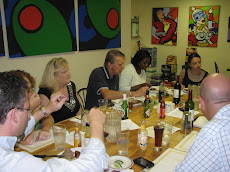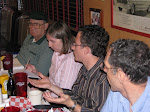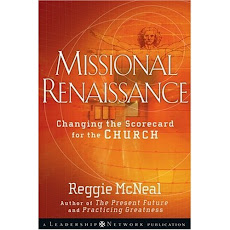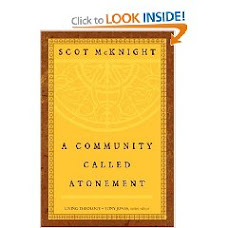 “I just want to
“I just want toYes, I want to be inside
When Zion Gate close
Yeah, I don't want to be outside”
Zion Gate - Horace Andy
Last month, I started reading Bio Bible .
History is biography after all. And what better narratives are there of God’s interaction with humankind than the biographies in the Bible?
“Day Three” is the story of Cain and Abel, the first two children of the first two humans God created.
We know that Abel killed his brother Cain because of his anger. Something about offerings. But what is interesting is that God’s punishment was not the death penalty. It was not “An eye for en eye.” It was separation…from God, and from those Abel was close to in Eden. Abel was told he would become a “restless wanderer,” in the land of Nod, east of Eden.
I have a feeling that we are actually more afraid of separation than we are of death. In the Christian faith, death doesn’t mean we cease to exist. It means either ultimate union, with God and His family, or ultimate separation. The latter is scary. I think we sense that deeply inside.
When God pronounced His sentence on Abel for his murderous act, Abel said,
“My punishment is more than I can bear.”
“I will be hidden from your presence.”
“I will be a restless wanderer on the earth, and whoever finds me will kill me.”
However, God puts a mark on Abel so that no one would kill him. But Abel is separated.
Paul tells us that, “…the wages of sin is death, but the gift of God is eternal life in Christ Jesus our Lord.” (“Sin” is a loaded word that has too often come to mean a lot of man-made “don’ts” that God never intended. That was the case in Jesus’ day, and it is now. On the other hand, there is such a thing as sin. It is putting self over others. My favorite “operational” definition of sin is anything we do that ultimately causes harm to ourselves, or others.)
But before and after death, there is separation.
Sin rips us apart, and from community with God and others. It corrodes, and finally breaks the bonds we have with a loving God and with those close to us.
In His infinite grace, God provides a way back. Atonement is the way back. It comes through the death, and resurrection of Jesus. My favorite book of 2008 was Scot McKnight’s A Community Called Atonement.
Atonement is God’s mission to reconcile not only each of us to Himself, but to each other, to restore our brokenness and to reconcile us to His world. As McKnight puts it, “Atonement creates the Kingdom of God.”
Atonement is the answer to our sin, and separation, and death. Atonement is reconciliation, and oneness, and wholeness, and life, now and forever. In the end, it allows us back into Eden.
(By the way, did you ever wonder who all those people were living outside of Eden who Cain was afraid of?)
Blessings,
Steve













No comments:
Post a Comment